Dan Steinbock, Founder, Difference Group
Sep 21, 2024
The 2024 U.S. election is not just about democracy but about big media, big money and big defense. It is setting the stage for a new trade war and lethal geopolitics that could destabilize global economic prospects for years to come.
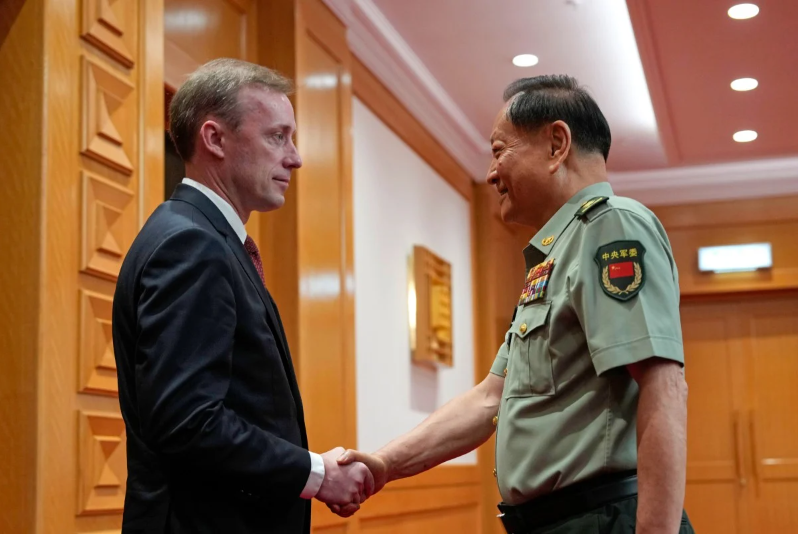
Zhao Minghao, Professor, Institute of International Studies at Fudan University, and China Forum Expert
Sep 13, 2024
The recent visit to Beijing by Jake Sullivan, the U.S. national security adviser, revealed some new trends in the development of relations. Both sides wish to preserve stability against the backdrop of U.S. presidential elections and — to use a significant phrase — move forward.
Zhang Wenzong, Associate Research Fellow, CICIR
Sep 11, 2024
In the run-up to the 2024 election, we can see how domestic politics bring changes to U.S. foreign policy. Interest groups in crucial swing states will play an outsize role in U.S. policy formulation, and their influence will extend beyond their actual voting power.
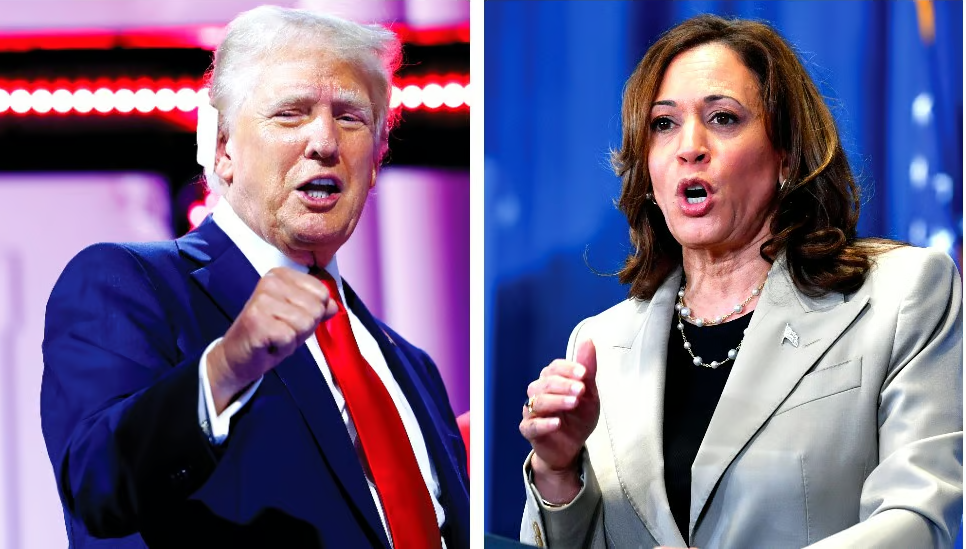
Christopher A. McNally, Professor of Political Economy, Chaminade University
Aug 23, 2024
The upcoming presidential election in the United States could significantly impact China-U.S. relations, though it’s uncertain how each candidate will ultimately approach Beijing. Neither major candidate is perceived as being willing to improve the bilateral relationship at this point, so things could very well get worse.
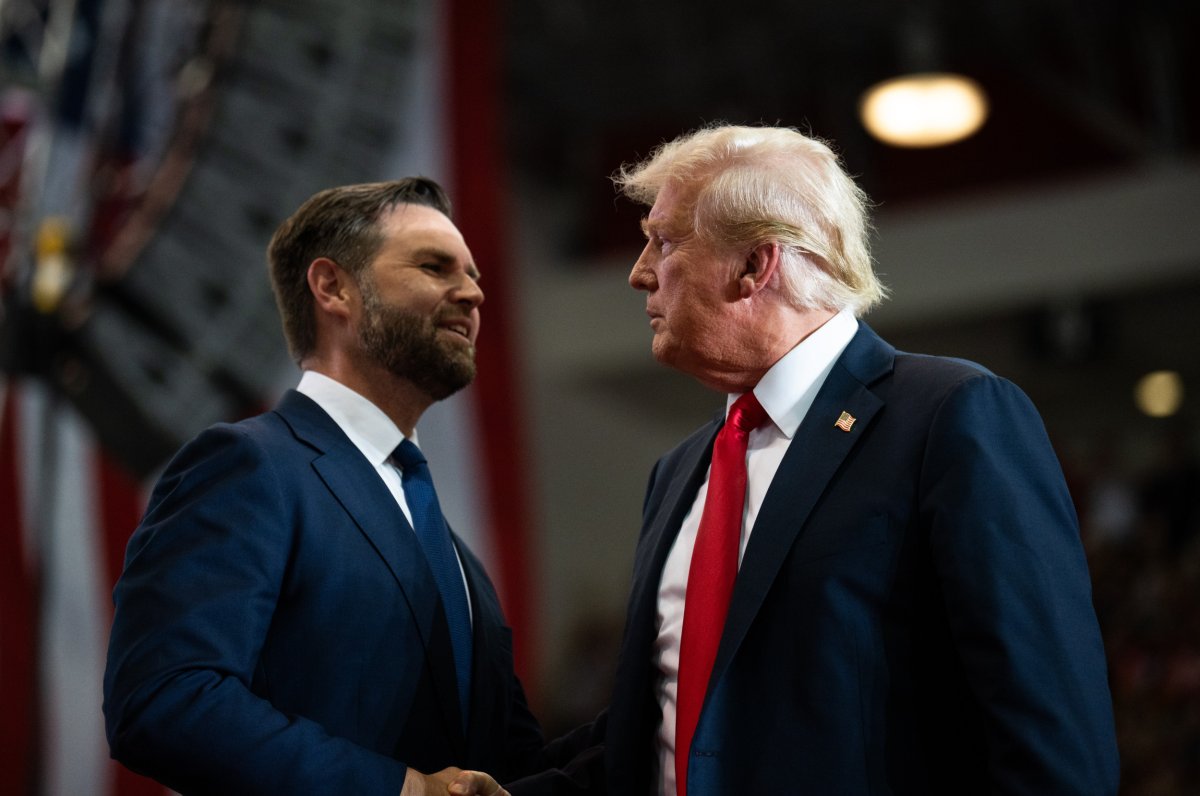
Mallie Prytherch, Researcher at Centre on Contemporary China and the World, University of Hong Kong
Aug 16, 2024
J.D. Vance’s stance on the American struggle in order to achieve the American dream holds parallels to his China policy, and Washington’s China policy more broadly. Americans’ views on China are similarly paradoxical, as they see China as an adversary but do not prioritize it as one.
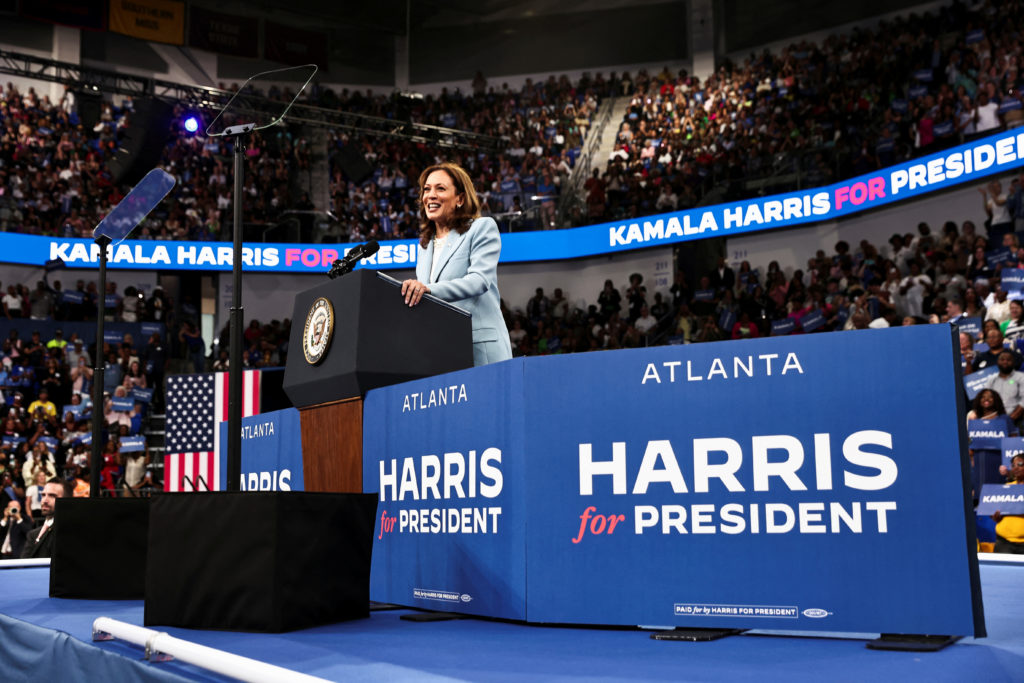
Brian Wong, Assistant Professor in Philosophy and Fellow at Centre on Contemporary China and the World, HKU and Rhodes Scholar
Aug 16, 2024
If Harris, the current vice president of the United States, is elected president in November, her administration will likely not make radical changes to America’s existing China policies, although some nuanced adjustments could occur in areas such as combating anti-Asian racism and fostering economic stability. Those hoping for improvements should remain realistic about the slim odds of that happening.
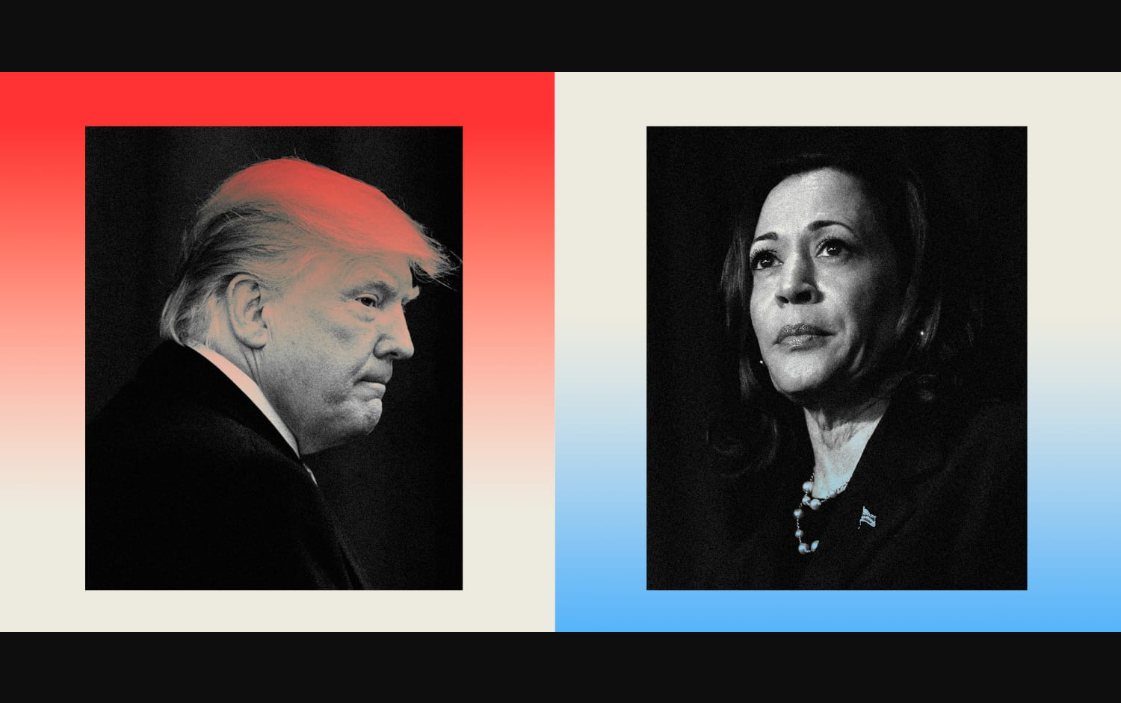
David Shambaugh, Gaston Sigur Professor and Director of China Policy Program at George Washington University, Distinguished Visiting Fellow at Hoover Institution of Stanford University
Jul 31, 2024
As the 2024 U.S. presidential election takes an unexpected turn with Kamala Harris stepping in as the Democratic candidate and Donald Trump showing strong poll numbers, there have been a variety of speculations surrounding future U.S. policies toward China. As in past presidential campaigns, adopting a "tough on China" stance tends to be a winning strategy with voters, so we can likely expect increased critiques in the coming months. But no matter which candidate wins in November, China policies are not likely to change very much from the past two administrations.
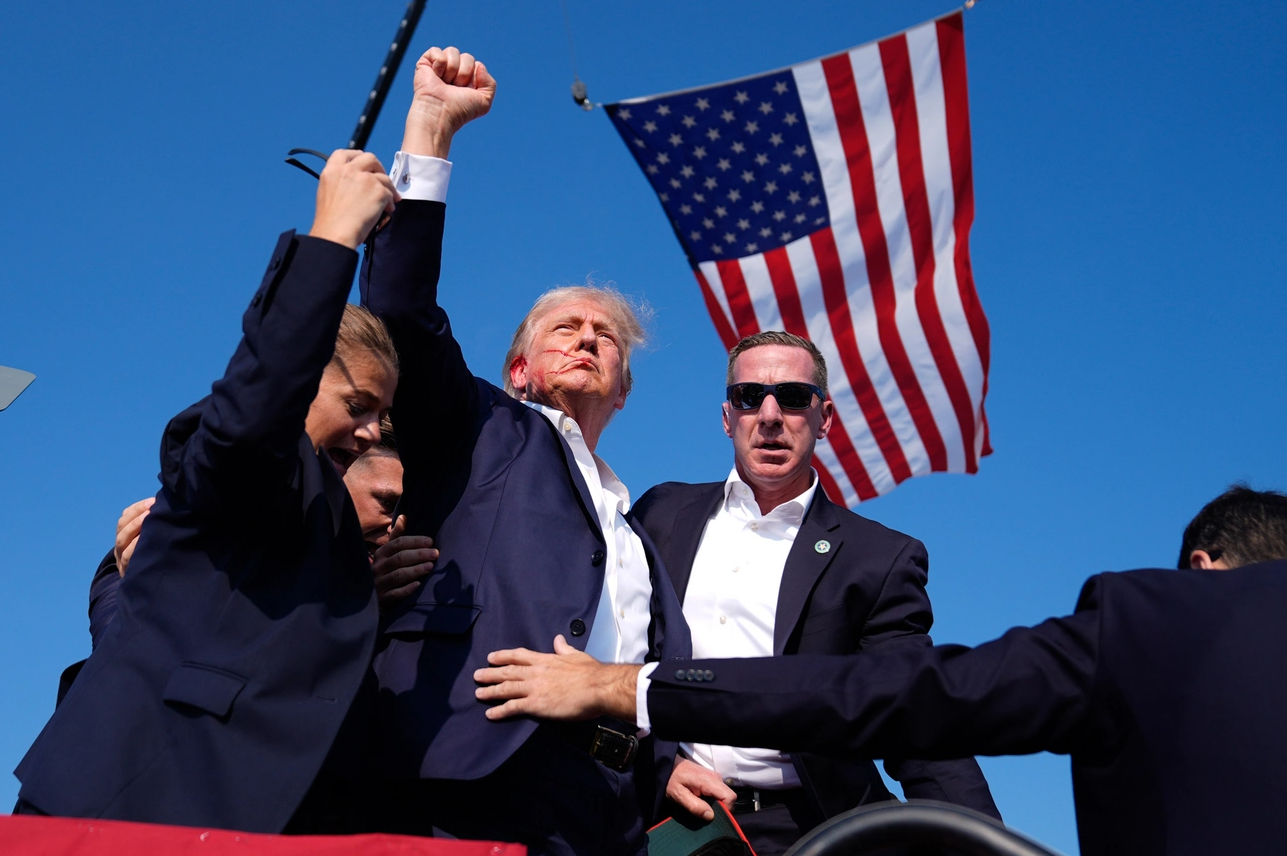
Shang-Jin Wei, Professor, Finance and Economics at Columbia University
Jul 19, 2024
Can an assassination attempt improve a candidate’s chances of winning an election? Taiwan’s experience suggests that it might. During its 2004 presidential election, polls showed then-President Chen Shui-bian trailing his opponent, Nationalist Party (Kuomintang) candidate Lien Chan. But this changed abruptly the day before the vote, when Chen and Vice President Annette Lu were shot during an election rally.
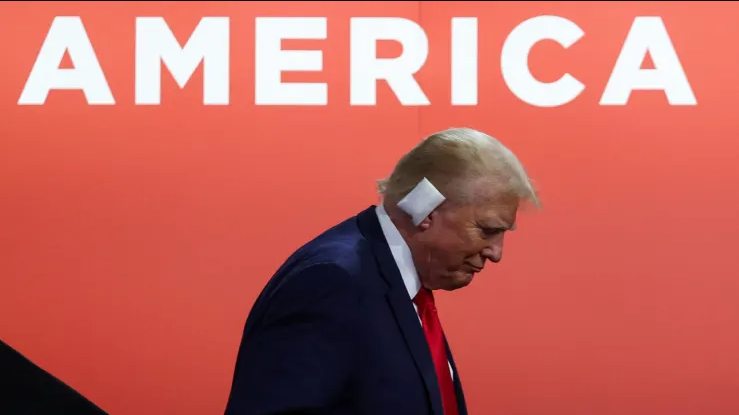
Sun Chenghao, Fellow, Center for International Security and Strategy of Tsinghua University; Munich Young Leader 2025
Zhang Xueyu, Research Assistant, Center for International Security and Strategy at Tsinghua University
Jul 19, 2024
No matter who ultimately wins the election in November, only minor adjustments to competition with China at the tactical level are likely to occur. The competitive essence will not change. It’s a Cold War-style outcome that may make bilateral cooperation more difficult.
Mallie Prytherch, Researcher at Centre on Contemporary China and the World, University of Hong Kong
Jun 18, 2024
The unpredictable nature of Trump's China policy, influenced by his ideology, foreign policy team, and personal vendettas, makes it difficult to anticipate the direction of U.S.-China relations under a potential second Trump administration.